Plastic bag bans have gone from a relatively new phenomenon in the United States, to a hot button topic where sides appear to be quite divided in recent years. When looking at the short history of bag bans, we remember San Francisco becoming the first American city to approve a plastic bag ban in 2007. Fast forward to the 2016 election season and we saw the state of California pass an act of legislation upholding the contested law banning certain plastic bags from 2014, thus confirming America’s first statewide plastic bag ban.
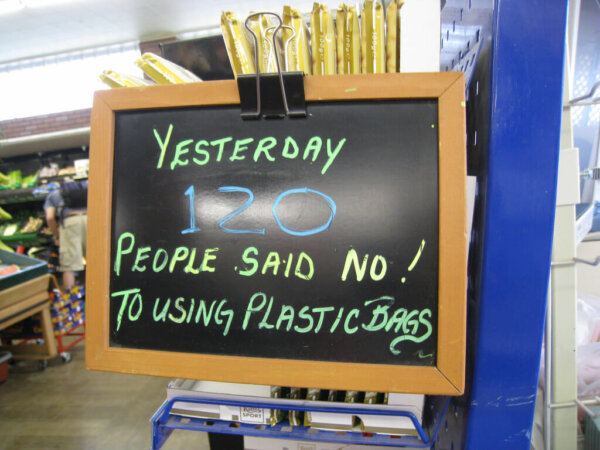
How did we get here? For starters, scientists are growing particularly concerned about plastic pollution in the oceans, and there is a nationwide movement that is working toward a greener planet.
Resistance To Change
However, as the movement has progressed, the push for plastic bag bans has seen more roadblocks appear. For example, in December of 2016, Michigan instituted a ban on banning plastic bags. You read that right, a ban on banning plastic bags.

Unfortunately, they aren’t alone. Michigan joins Missouri, Idaho, Arizona, Wisconsin, and Indiana as states that have enacted similar laws.
The logic behind these decisions is fickle at best. Groups that led the push for banning plastic bag bans sought to limit regulations that businesses have to operate within. Simply put, these groups are prioritizing the business practices of the plastic bag industry over the sustainability of the planet.
Joining The Movement
While some states are supporting these backward steps, other states and cities are joining California and looking to take a leap forward. We have explored a collection of territories, cities, and states across the United States that are leading the change with impending bag bans scheduled to go into effect in the months and years to come. Here’s what we found.
Hawaii
In 2015, Honolulu voted to implement a ban on thin, single-use plastic bags. The process of implementation didn’t go smoothly, and local businesses quickly found a way around the language of the law. Thicker plastic bags were produced and pushed as reusable bags.
https://www.instagram.com/p/BgrHEL1j6Hi/?tagged=hawaii
In response, the city council revamped the law to remove any opportunity for circumvention. Starting on July 1st of next year, retailers will be required to charge up to a 15-cent fee per bag for each reusable, compostable plastic, or recyclable paper bag handed out. By the year 2020, plastic bags will be completely banned. Oahu is following close behind, with their bag ban scheduled to take effect in July of 2018.
Massachusetts
This year will be especially significant for bag bans in the Commonwealth of Massachusetts. From July 2017 onward, there will be a total of 20 towns instituting a plastic bag ban in some form.
In Massachusetts, there is a trend of coastal towns and cities making this a priority:
- Plymouth – bans went into effect on August 21st, 2017.
- Dennis – bans go into effect on October 18th, 2017.
- Sandwich – bans go into effect on November 28th, 2017.
Maine
Maine has seen a slow trickle of single-use plastic bag bans popping up in the southern part of the state, and they are making their way north as time goes on. In February of 2016, York became Maine’s first town to ban plastic bags. Kennebunk followed shortly after, implementing their own ban in June of the same year.
https://www.instagram.com/p/BXUFRjYjs2P
This past May, we saw Saco implement a city-wide ban on plastic bags, and a quick look ahead shows that the town of Brunswick will be implementing their own bag ban on September 1st of this year. A focus on marine life has been the precursor for an increase in bag bans across the state.
New York
Andrew Cuomo, the Governor of New York City, blocked a city-wide tax on plastic bags that was meant to go into effect this past February. There are a number of different conversations surrounding the proposed tax. However, the environmental-conscious voices are being heard, and it appears that another version of the bill will be proposed.
Outside of the city limits, local bans are still being passed. The town of New Castle started the year with a ban on plastic bags and a 10-cent tax on paper bags. Long Beach has implemented a city-wide tax of their own, with a focus on limiting the amount of thin, plastic bags that are carried out of the store and find their way to the streets and oceans that surround them.
Puerto Rico
On December 24th, 2015, Act 247-2015 was signed into law in Puerto Rico. The act was implemented on December 24, 2016. It prohibits businesses from providing plastic bags as an option for customers that visit their stores.
The U.S. territory is particularly interested in protecting the marine life that surrounds Puerto Rico.
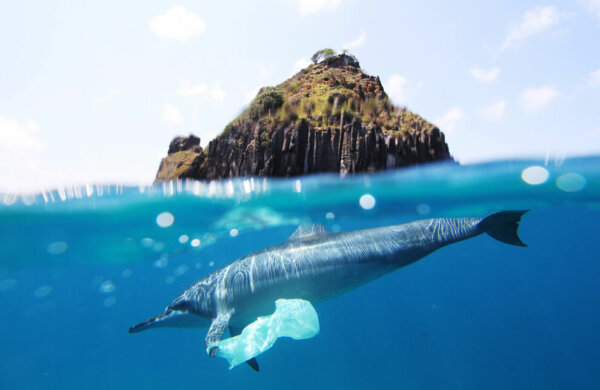
Something else that was considered is the litter that plastic bags create on the streets of Puerto Rico could have a negative effect on tourism. Businesses will be able to charge a fee for paper bags. Of course, customers can also supply their own reusable bags if they so desire.
Coral Gables, Florida
In May, Coral Gables commissioners unanimously approved an ordinance that would ban single-use plastic bags, becoming the first city in the state of Florida to do so. There are fines in place for retailers and organizers of special events who use plastic bags, although the retailers are exempt from these fines for a 6-month period as they acclimate to the new rules.
City workers in Coral Gables are hopeful that this ordinance will lead to other municipalities across the state considering something similar. Due to its geographical location, Florida has higher stakes in the battle against single-use plastic products as they continue to strangle marine life.
Tacoma, Washington
Following other cities in Washington State, such as Seattle, Bellingham, and Edmonds, Tacoma installed a crackdown on plastic bag use last June. The ordinance was passed by the Tacoma city council in July of 2016, citing the dangers to marine wildlife and the presence of plastic litter in urban areas as driving forces behind it.
As the city of Tacoma moves toward a greener future, plastic bags will not be along for the ride. Shopping will be done on a “bring your own bag” basis. If you forget to bring bags with you, you can request an eco-friendly bag that can be reused. Using these bags will result in a charge of at least five cents per bag.
The Bottom Line
Plastic bags have been around for a minute portion of history, but their effects will be long-lasting. A push for recycling has tempered discussion ever so slightly, but the reality of the situation is that while recycling can help with keeping plastic bags from harming the environment, it is only a marginal improvement.
For consumers, convenience is king. If we don’t adjust as a society, it will likely lead to plastic products slowly strangling our environment. Each plastic bag that leaves a store is just starting its life as a burden on the environment. California kick-started their journey to a statewide ban with the 2007 ban in San Francisco, and we hope that the areas we have explored are planning to take a similar path.







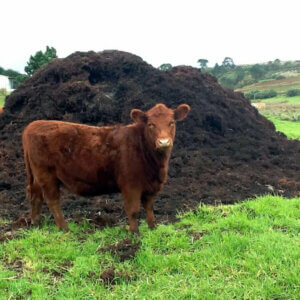






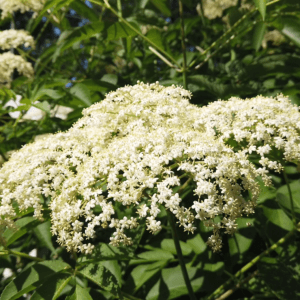


















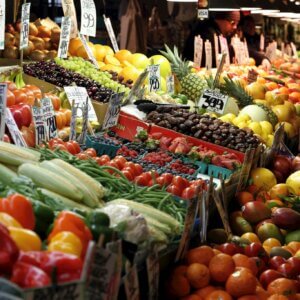








Leave a Reply